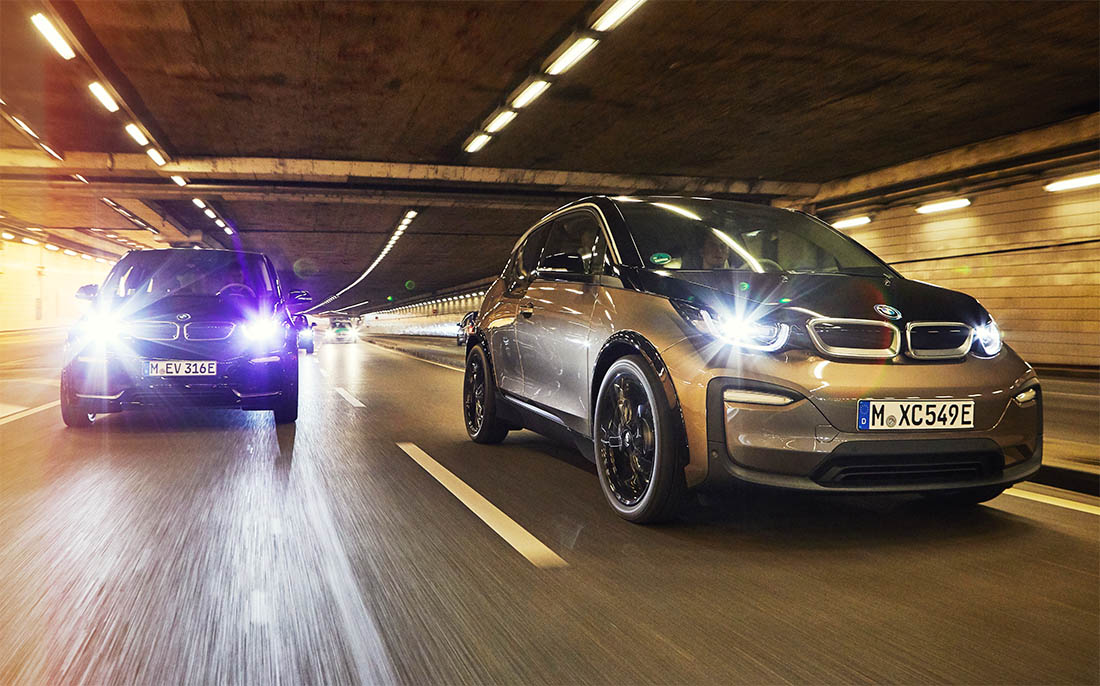
About everything with wheels now are electrified, the argument being ‘environmental concerns’. Problem is, batteries that store the electricity are not exactly available ad infinitum. Also, manufacturers of batteries also need to please their traditional customers, and so their supply of materials to make batteries also go to watches, drones, mobile phones, etc.
This is why you see what seems to be a race for car companies in securing deals with companies for a steady supply of batteries, or raw materials that make them. BMW, for example, has not only secured a business arrangement with LG Chem, more recently the German firm has signed a five year agreement with Ganfeng Lithium for supply of lithium hydroxide. There is an extension option for another three years.
According to reports, the deal specifies that Ganfeng will supply as much lithium hydroxide to BMW as it needs at market price. Lithium hydroxide has become one of the most sought after material recently, taking over from lithium carbonate in forming a major component in EV batteries. The market for lithium hydroxide (and in general all lithium compounds) is now getting tighter, with demand increasing while incumbent producers of lithium – and its facilities – are more or less stagnant at this point of time.
Another strong commitment to BMW’s plan for electric mobility is the deal to source €4 billion (more than RM19 billion) worth of battery cells from the world’s largest EV battery producer CATL, which was signed a few months back. The impact of this agreement led to BMW earning the right to take a $430 million equity stake in CATL via its Chinese joint venture company BMW Brilliance. The latter manufactures and sells BMW vehicles in China, including electric vehicles and hybrids.

